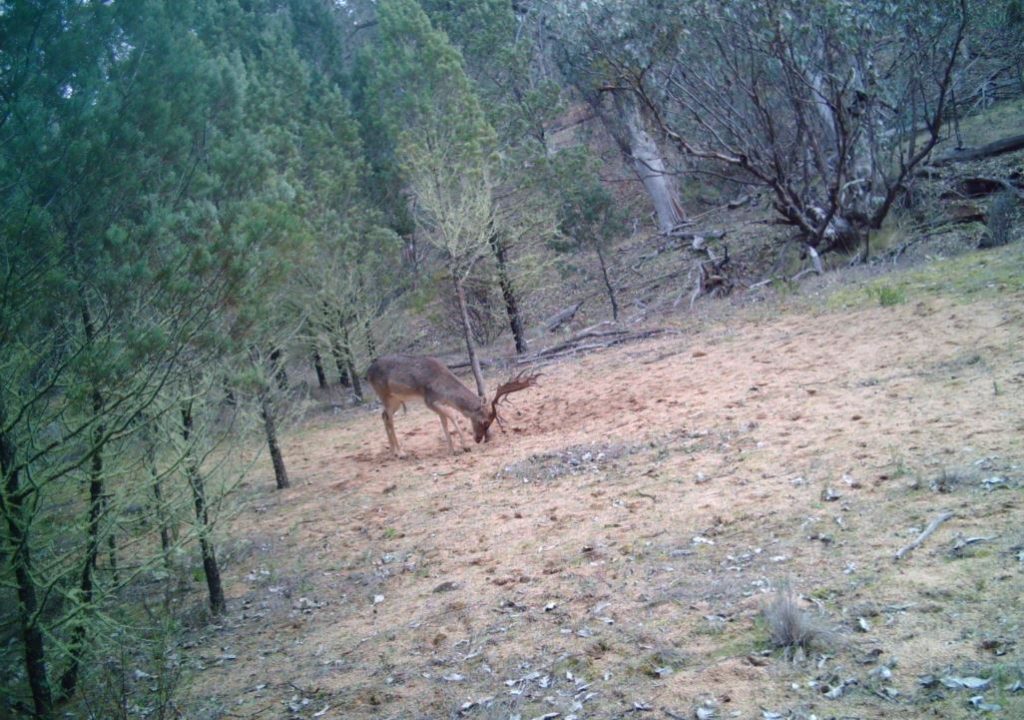

A bid to learn more about Lake Macquarie’s feral deer problem has been unveiled this week.
Council is teaming up with researchers out of the University of Technology Sydney to determine exactly how many there are and how much damage they cause.
UTS Environmental Sciences Program Director Dr Leigh Martin, who is leading the research, said feral deer were known to be “quite abundant” in the Cessnock local government area bordering Lake Macquarie.
“I know of anecdotal reports and incidences of road-kill in Lake Macquarie, but precise information is lacking,” he said.
“Hence, the need to determine distribution, abundance and impact.”
Fieldwork using wildlife camera traps and scat surveys in state forests, reserves and national parks in western and southern parts of Lake Macquarie will get underway in November.
With their shy, elusive nature and excellent camouflage, feral deer are often difficult to spot in the wild, but Dr Martin said that did not necessarily mean they weren’t around.
“I’ve previously seen what looked like deer scats near the Morisset Hospital area, but it wasn’t the focus of my work at the time so I didn’t investigate further,” he said.
The research team believes the potential environmental impact in the area is quite high, given the trouble feral deer cause across the Cessnock and Port Stephens LGAs.
Council’s Manager Environmental Systems Karen Partington said the Environmental Research Grants program provided up to $8000 for projects that helped develop land use practices, adjusted environmental management strategies and helped plan remedial or preventative works.
“Projects like Dr Martin’s research help us get a better understanding of our environment and threats to it,” Ms Partington said.
Dr Martin is hoping to get input from the community about possible sightings or existing impacts from feral deer.
Go to lakemac.com.au for more information. Anyone with deer sighting or impact information can email Dr Martin at Leigh.Martin@uts.edu.au.

